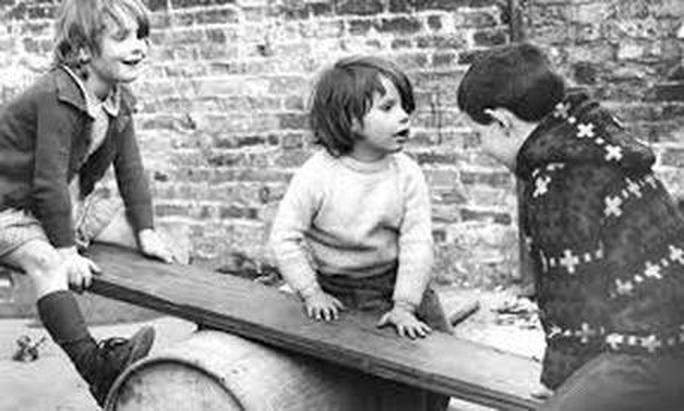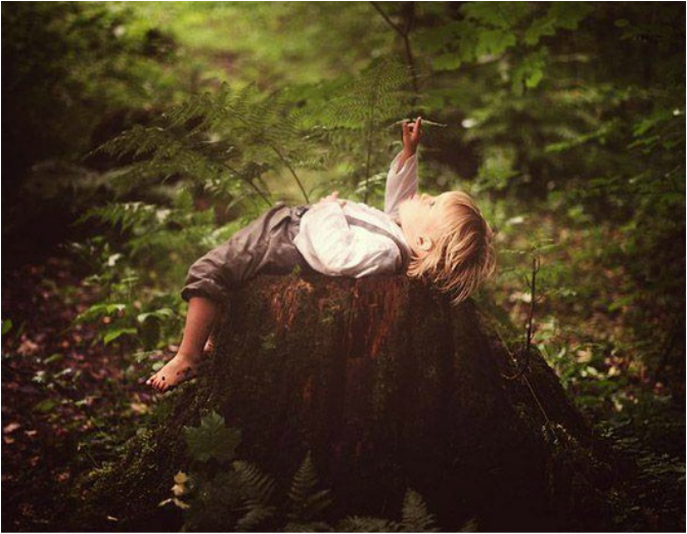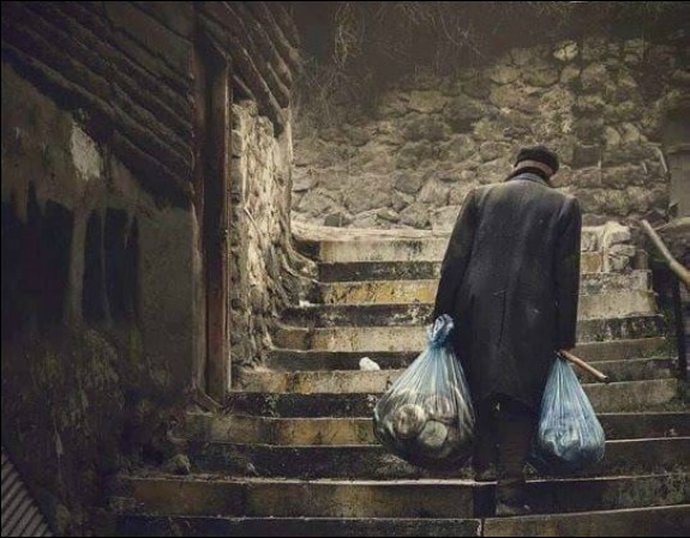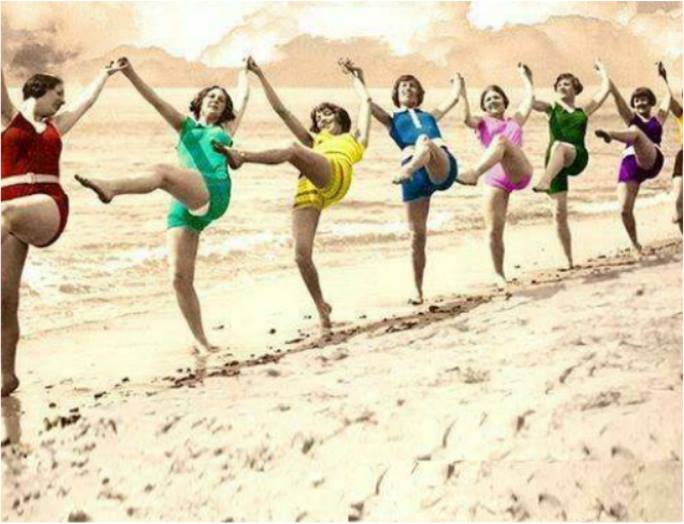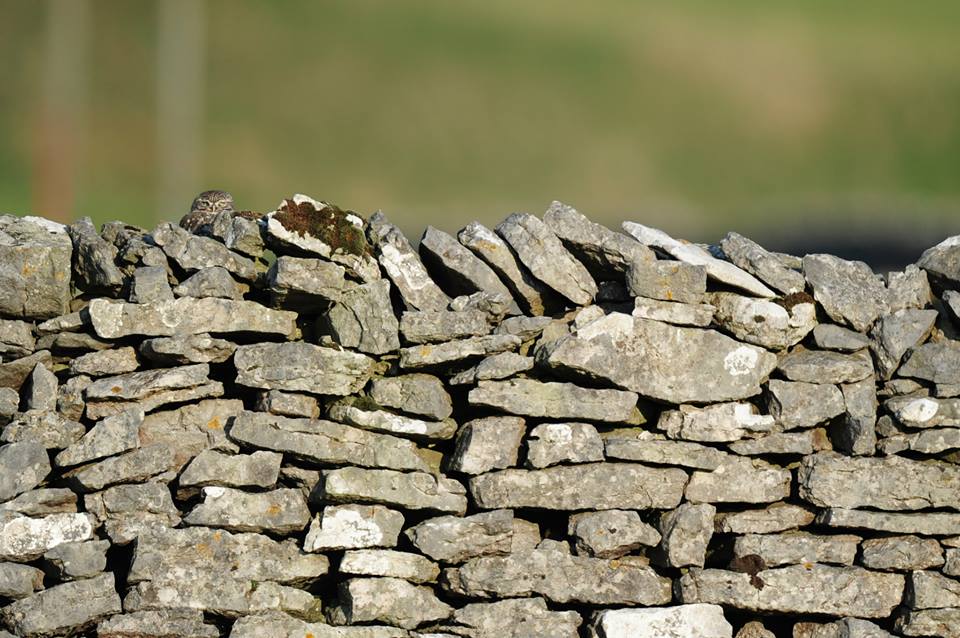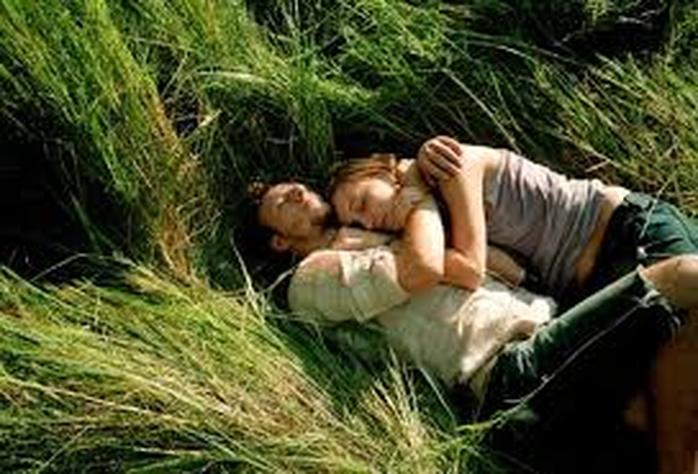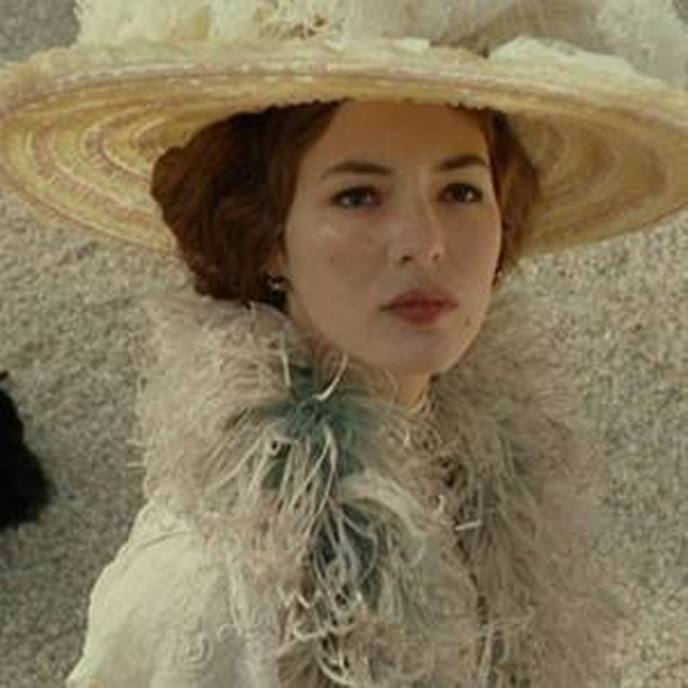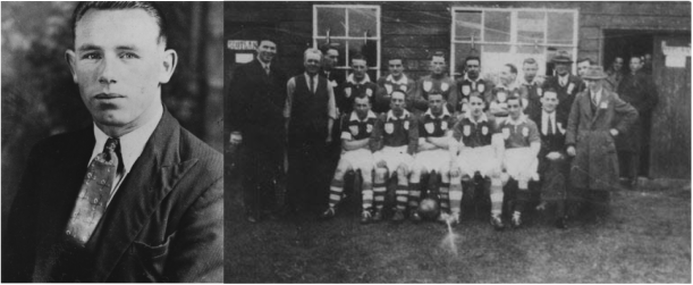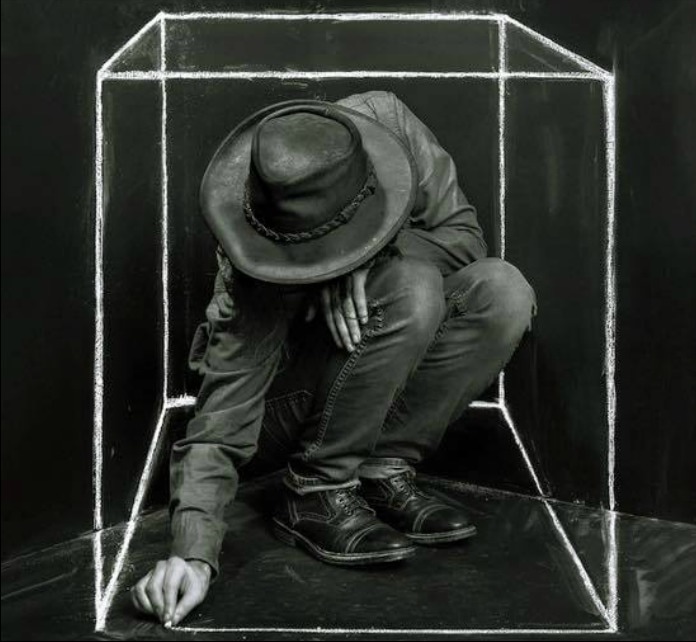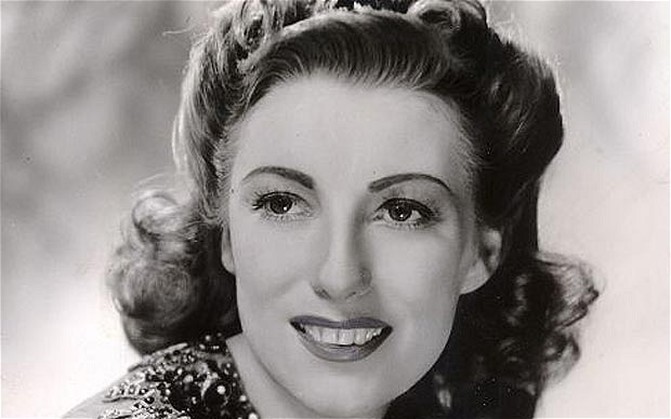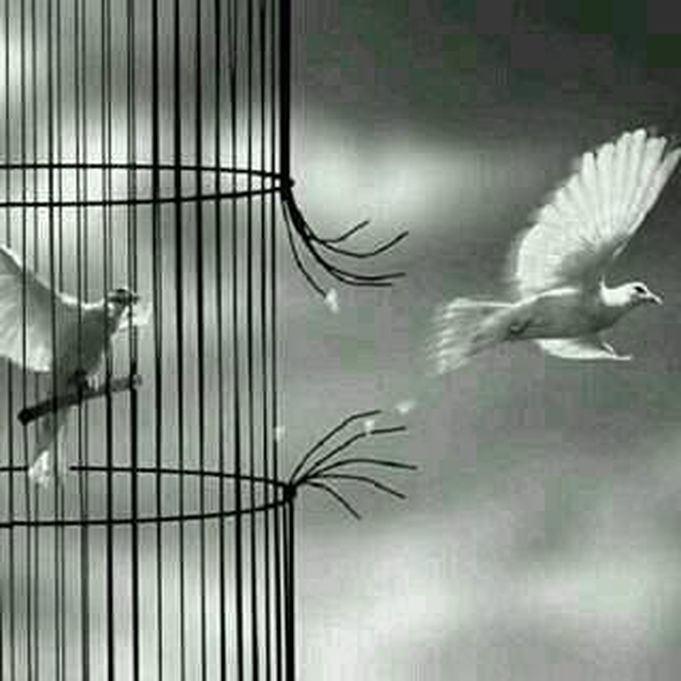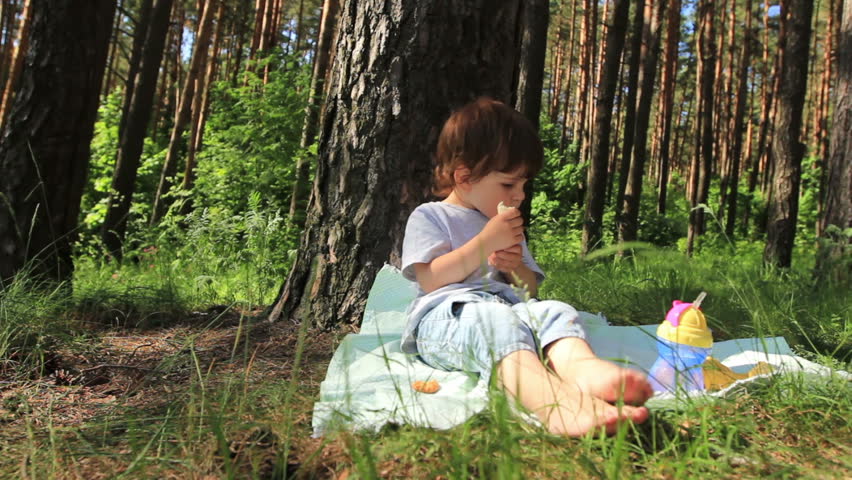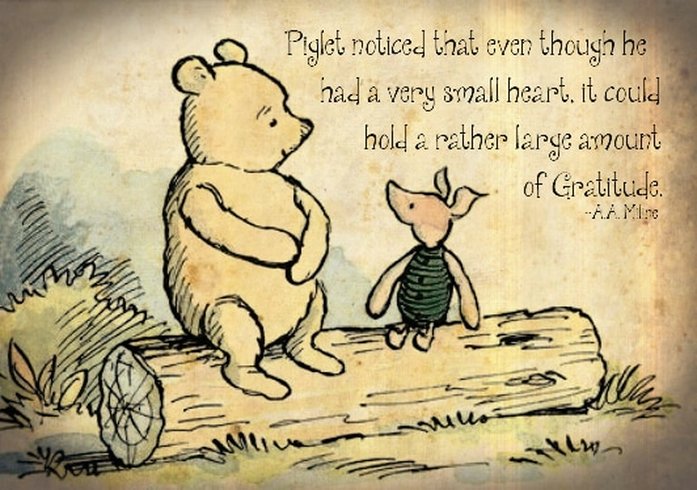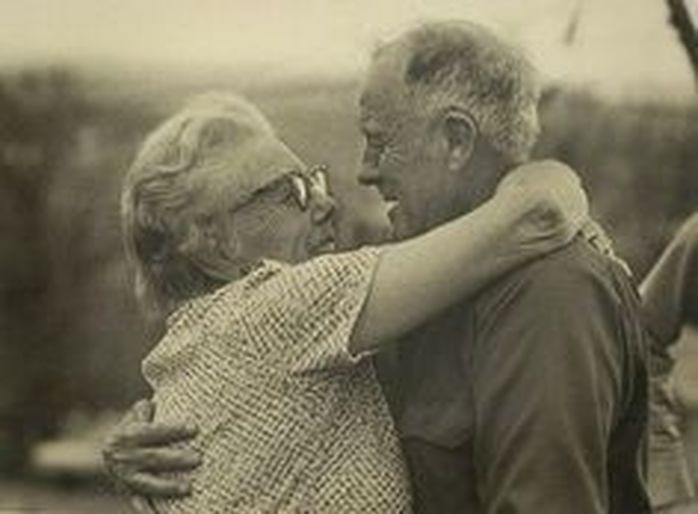"When we think back, much of our life during the 1950's and 60's was built on trust. These were times when every parent trusted their neighbours to keep a watchful eye on their children when they were out playing; times when one could go a bicycle ride and leave one's bike in the hedge for three hours while you played in a wood and know that it would still be there when you returned. I cannot remember a time when neighbours locked an empty house during the day or feared that their children might be kidnapped, assaulted or killed. I cannot recall a time when it wasn't thought healthier to allow young children to stay out in the fresh air throughout the summer months from dawn until dusk and not over-worry about any risk entailed.
Indeed, trust was established early on in one's life and there was always a friend close by to maintain the balance.
Today, a lack of trust and huge dose of scepticism seems to be a more common thing to hold than a belief that the other person won't do the right thing and let you down gently. If ever you have had someone jump off their end of a see saw when you were at your highest, it is not surprising that you proceed with future caution. Good friends, however, are placed in your life to prevent your fall being too hurtful.
The one thing I recall about my youth and upbringing was that one invariably married a boy or girl they had grown up with in their immediate neighbourhood and with whom they had formed an early trust bond. It was not unusual for communities to live in close union from birth until death. One went to school with one's friend's and in mining communities where bonds were closer, the two boys swapped text books for picks and shovels and worked down the same pit alongside each other for the rest of their lives. Folk attended the same schools and churches, visited the same public houses, were affiliated to the same unions, voted for the same political parties and even married from within the houses of their close neighbours. Often two male friends might marry each other's sisters; forging an even closer blood bond between one family and the next. Between cradle and grave, all would survive breathing the same air and believing in the same God.
The surprising thing was that often such tried and tested relationships lasted the course of time as their partner could always rest assured that they'd never have to suffer the indignity of being dumped on one's backside just because they wanted to abandon the marital see saw!" William Forde: March 31st, 2017.
